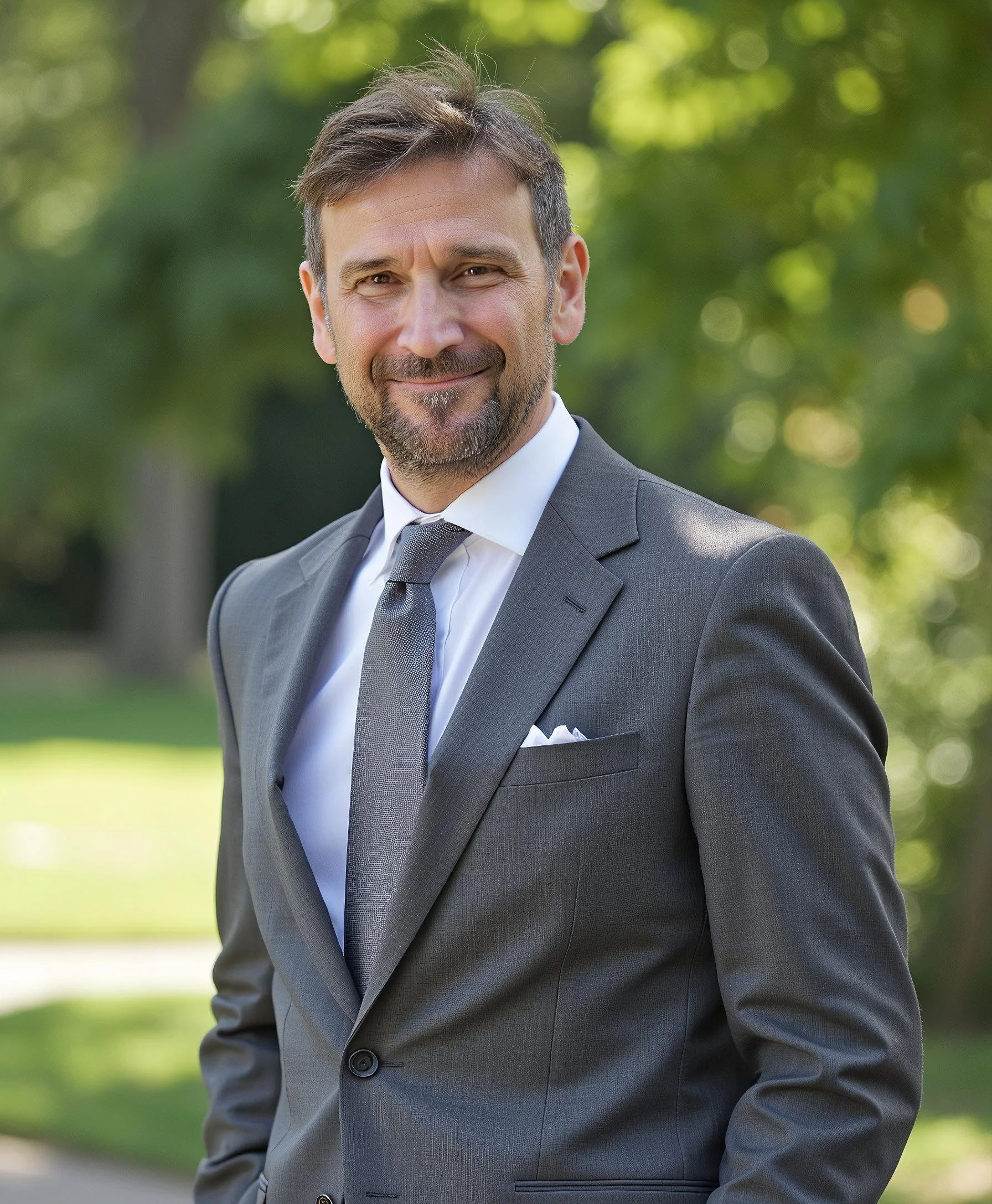About the Author
Csaba Dioszeghy, a British-Hungarian doctor, is a senior consultant in Emergency Medicine and Critical Care based in Sussex, UK, and an Honorary Associate Professor at Semmelweis University. He is also the Associate Dean and co-founder of the College of Remote and Offshore Medicine in Malta. He received Fellowships of the Royal College of Emergency Medicine, the Faculty of Intensive Care Medicine, and the European Resuscitation Council. For more than three decades he has worked at the sharp end of acute care, where the limits of medicine meet the realities of human experience.
He teaches doctors, nurses and paramedics in the UK, Malta and internationally, and has played important roles within the European Resuscitation Council, instructing and directing Life Support courses across Europe and beyond. His clinical interests include resuscitation, communication, the psychology of critical and emergency medicine and the practical delivery of high-quality critical and emergency care in austere and resource-limited settings.
Dr Dioszeghy’s recent academic work centres on functional (medically unexplained) symptoms and the mind–body connection in emergency care. He has helped pioneer research into the integration of psychologists in intensive care—particularly to support sedated and mechanically ventilated patients—bridging critical care, psychology and family-centred practice. He is a member of the Behavioural Special Interest Group of the International Federation for Emergency Medicine (IFEM) and of the European Association of Psychosomatic Medicine. Owing to his pilot training, he is also deeply interested in human factors and the safety sciences as applied to clinical practice.
Born in 1967 and raised in Budapest, he currently resides in both West Sussex, UK and St Paul’s Bay, Malta, splitting his time between these two countries.
In addition to his medical and literary pursuits, Csaba is a private pilot, an advanced scuba diver, and an avid traveller. He also loves history and already published a light hearted but educational short paperback about Malta’s history.
